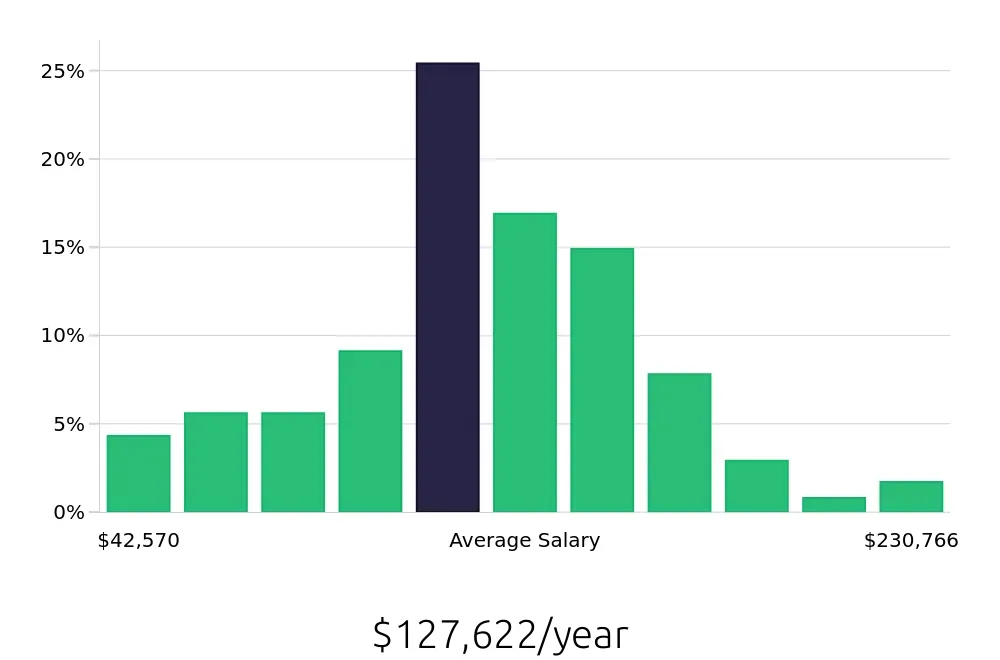What does a Emergency Services Director do?
An Emergency Services Director plays a crucial role in ensuring the safety and well-being of a community. This person oversees all emergency response activities. They coordinate with local, state, and federal agencies. Their job is to make sure that the community is prepared for any crisis. They create emergency plans and conduct drills. They also ensure that all emergency equipment is in good working condition.
The Emergency Services Director manages a team of emergency responders. This includes firefighters, police officers, and emergency medical technicians. They provide training and support to these teams. They also evaluate their performance. The director works closely with other city officials. They make sure that emergency plans fit with the overall goals of the city. This person must be ready to act quickly. They must make smart decisions under pressure. Strong leadership and communication skills are essential for this role.
How to become a Emergency Services Director?
Becoming an Emergency Services Director requires dedication and specific steps to ensure success. This role involves managing emergency response teams and ensuring public safety. Following the right path will make it possible to advance in this critical profession.
Here are five essential steps to help someone become an Emergency Services Director:
- Gain the right education. Start with a bachelor's degree in emergency management, public administration, or a related field. Advanced degrees can also be beneficial.
- Build experience in emergency services. Work in various roles within emergency management. Positions such as emergency management coordinator or emergency services specialist offer valuable experience.
- Get certified. Obtain certifications like the Certified Emergency Manager (CEM) or Certified Public Manager (CPM). These credentials show a commitment to professional development.
- Develop leadership skills. Learn to manage teams, make quick decisions, and communicate effectively. These skills are crucial for an Emergency Services Director.
- Network and seek opportunities. Connect with professionals in the field. Attend conferences, join professional organizations, and seek mentorship from experienced directors.
How long does it take to become a Emergency Services Director?
The journey to becoming an Emergency Services Director involves a blend of education, experience, and dedication. Typically, one needs a bachelor's degree in emergency management, public administration, or a related field. This foundational education lays the groundwork for understanding essential concepts and practices.
After earning a degree, gaining relevant work experience becomes crucial. Many directors start in roles such as emergency management specialists or emergency services coordinators. This experience helps build skills and knowledge. Over time, additional certifications and advanced degrees can enhance qualifications and career prospects. The path may take several years, but it prepares individuals for the critical responsibilities of the role.
Emergency Services Director Job Description Sample
The Emergency Services Director is responsible for leading the strategic planning and operations of emergency services within an organization. This role involves coordinating disaster response plans, managing emergency response teams, and ensuring compliance with safety and regulatory standards.
Responsibilities:
- Develop and implement emergency response plans and procedures.
- Coordinate and lead emergency response teams during crises.
- Oversee the training and development of emergency services personnel.
- Ensure compliance with local, state, and federal emergency management regulations.
- Conduct risk assessments and develop mitigation strategies.
Qualifications
- Bachelor's degree in Emergency Management, Public Administration, or a related field; advanced degrees preferred.
- Minimum of 5 years of experience in emergency management or a related field.
- Certification in emergency management (e.g., FEMA Certified Emergency Manager) is highly desirable.
- Proven leadership skills with experience managing teams in high-stress environments.
- Strong understanding of emergency response protocols and regulatory requirements.
Is becoming a Emergency Services Director a good career path?
Leading emergency services offers both challenges and rewards. As an Emergency Services Director, you play a key role in ensuring public safety and response readiness. This career demands strong leadership, strategic planning, and quick decision-making. It also requires handling high-stress situations and working closely with various teams.
Many find this role fulfilling due to the impact it has on community well-being. However, it is important to weigh the pros and cons before pursuing this path. Each aspect of the job brings its own set of rewards and challenges.
Consider these points:
- Pros:
- High responsibility and job satisfaction
- Opportunities for career advancement
- Chance to make a real difference in the community
- Diverse and dynamic work environment
- Cons:
- High stress and pressure
- Long and irregular hours
- Potential for exposure to traumatic events
- Demanding and often thankless work
What is the job outlook for a Emergency Services Director?
The job outlook for Emergency Services Directors looks promising for job seekers interested in this field. According to the Bureau of Labor Statistics (BLS), there are, on average, 900 new job positions each year. This indicates a steady demand for professionals who can manage emergency services effectively. With a solid foundation in crisis management, leadership, and emergency response, candidates can find ample opportunities in this career.
The BLS also reports a projected growth rate of 3.3% for Emergency Services Directors from 2022 to 2032. This growth suggests that more cities, organizations, and municipalities will need skilled professionals to lead their emergency response teams. Job seekers with the right qualifications and experience can expect a favorable job market in the coming years. This growth provides a great opportunity for those looking to advance their careers in emergency services.
The average national annual compensation for Emergency Services Directors is $93,690, according to the BLS. This figure reflects the value that employers place on experienced and skilled directors in this field. In addition to the attractive salary, the average national hourly compensation stands at $45.05. This competitive pay scale makes a career in emergency services direction both rewarding and financially beneficial. Job seekers can look forward to not only a stable job outlook but also a lucrative compensation package.
Currently 84 Emergency Services Director job openings, nationwide.
Continue to Salaries for Emergency Services Director


